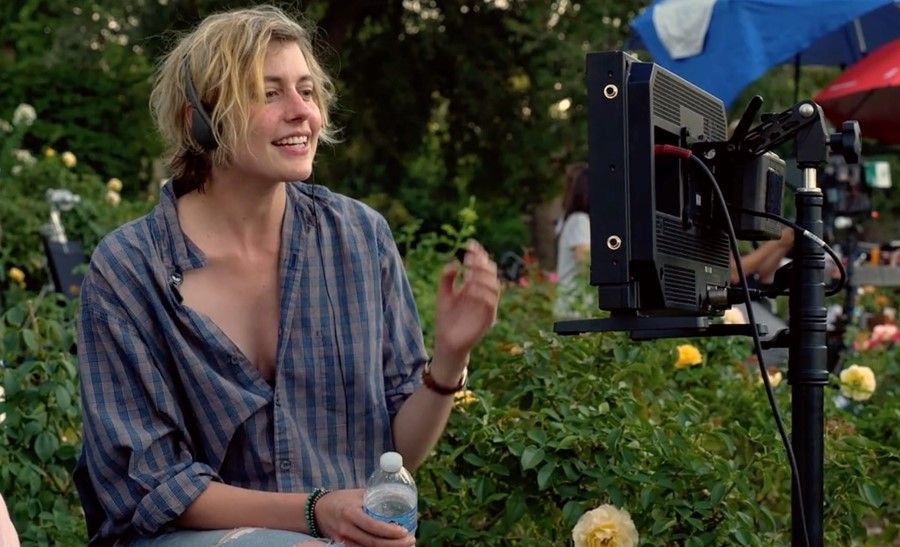By Jessica Scaffdi Saggio, Third Year, Sociology
The world of film is one historically dominated by men, and this patriarchal legacy still has an influence on the industry today. If I ask you to name a movie director, chances are that you are likely to name a man. You may be thinking of Steven Spielberg, Quentin Tarantino, Christopher Nolan, Tim Burton: the list goes on.
Given this, it would be easy to undermine women's role in the movie business, especially when it comes to directing. However, female directors have been incredibly influential, creating great art and paving the way for future directors just as much as their male counterparts.
In celebration of International Women’s Day on the 8th of March, this article will detail some of the female directors, past and present, that I believe deserve more praise and recognition, as well as who to keep a close eye on as they rise onto the filmmaking scene.
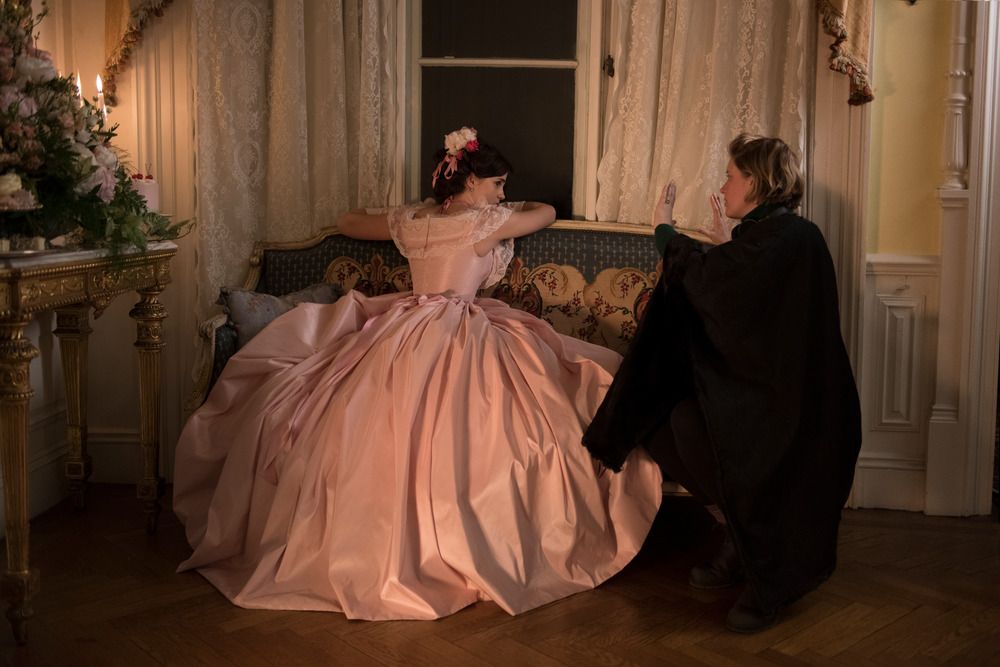
Alice Guy-Blaché
It seems impossible to look back at the history of filmmaking and not talk about Alice Guy-Blaché. Born in France, Guy-Blaché (1873-1968) was not only one of the first filmmakers ever to create a fictional narrative film, but she was also the first woman to direct a film.
In fact, for a number of years in the late 1800s to the early 1900s, when Guy-Blaché was debuting her career, she was likely the only woman creating and directing films at this time.
Despite this, her work is often overlooked, but her talent and pioneering efforts have given women a voice within the industry as it still stands today.
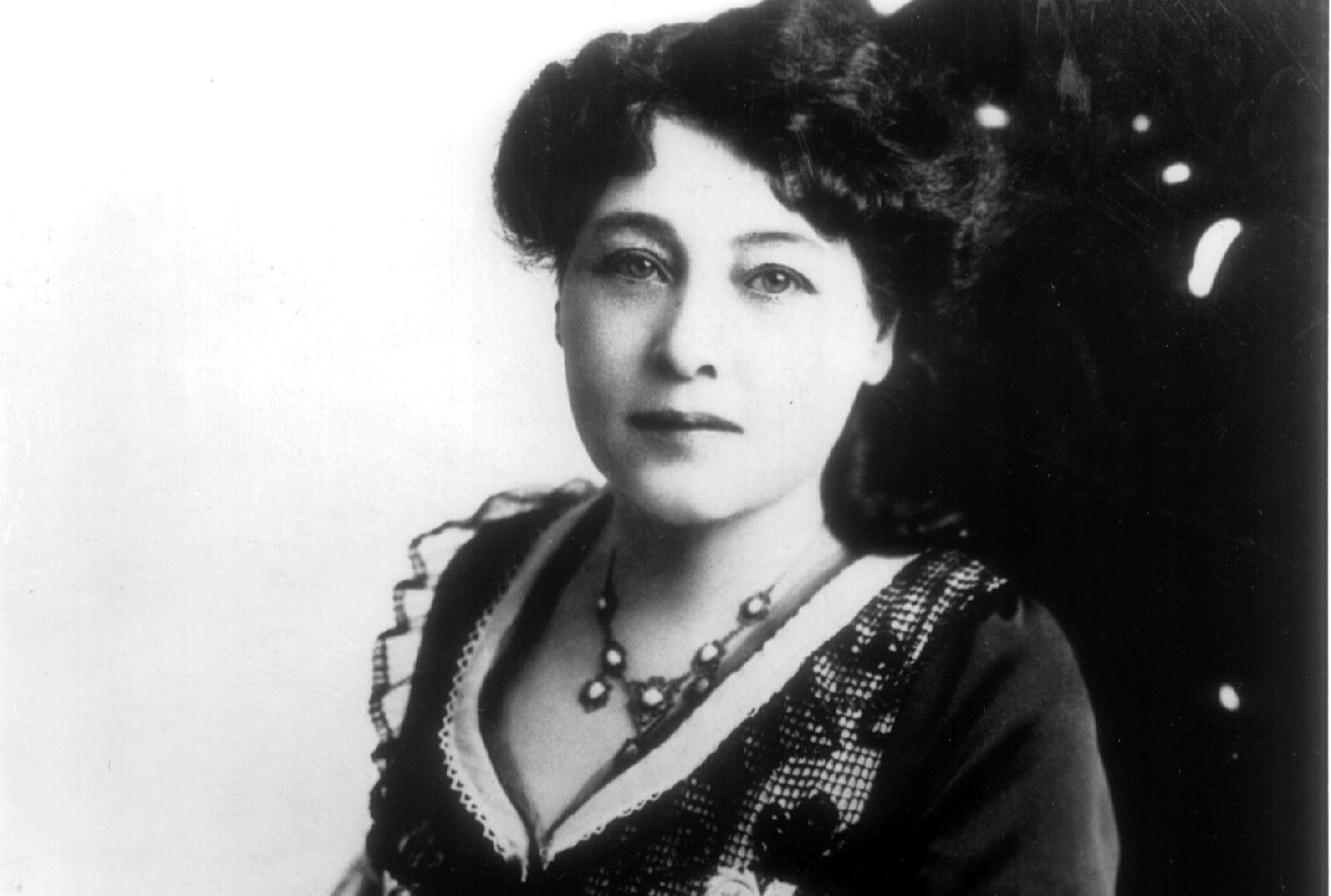
Lana and Lilly Wachowski
Sisters Lana and Lily Wachowski, otherwise known as The Wachowskis, are American film and TV directors, writers, and producers.
Their directing debut was in 1996 with the crime-thriller movie Bound, and their success only continued as they later worked on the hugely popular Matrix franchise (1999-2021).
More recently, they have co-directed season one of the Netflix series Sense8 (2015-) and have worked on solo projects – for example, Lana filmed the 2021 film The Matrix Resurrections.
Having worked on such popular action-centred films and TV shows, this duo have helped bring women to the forefront of the film industry.
Mimi Cave
I am sure that, following all its rave reviews, you have all heard of the 2022 film Fresh. Starring Daisy Edgar-Jones and Sebastian Stan, Fresh (2022) was Cave’s directorial debut – and what a debut!
Despite being branded a horror-thriller, this film provides a detailed social commentary on the world of online dating and its dangers. Cave has directed other short films prior to Fresh, such as Vessel (2015), which explores the duty of responsibility between adults and children.
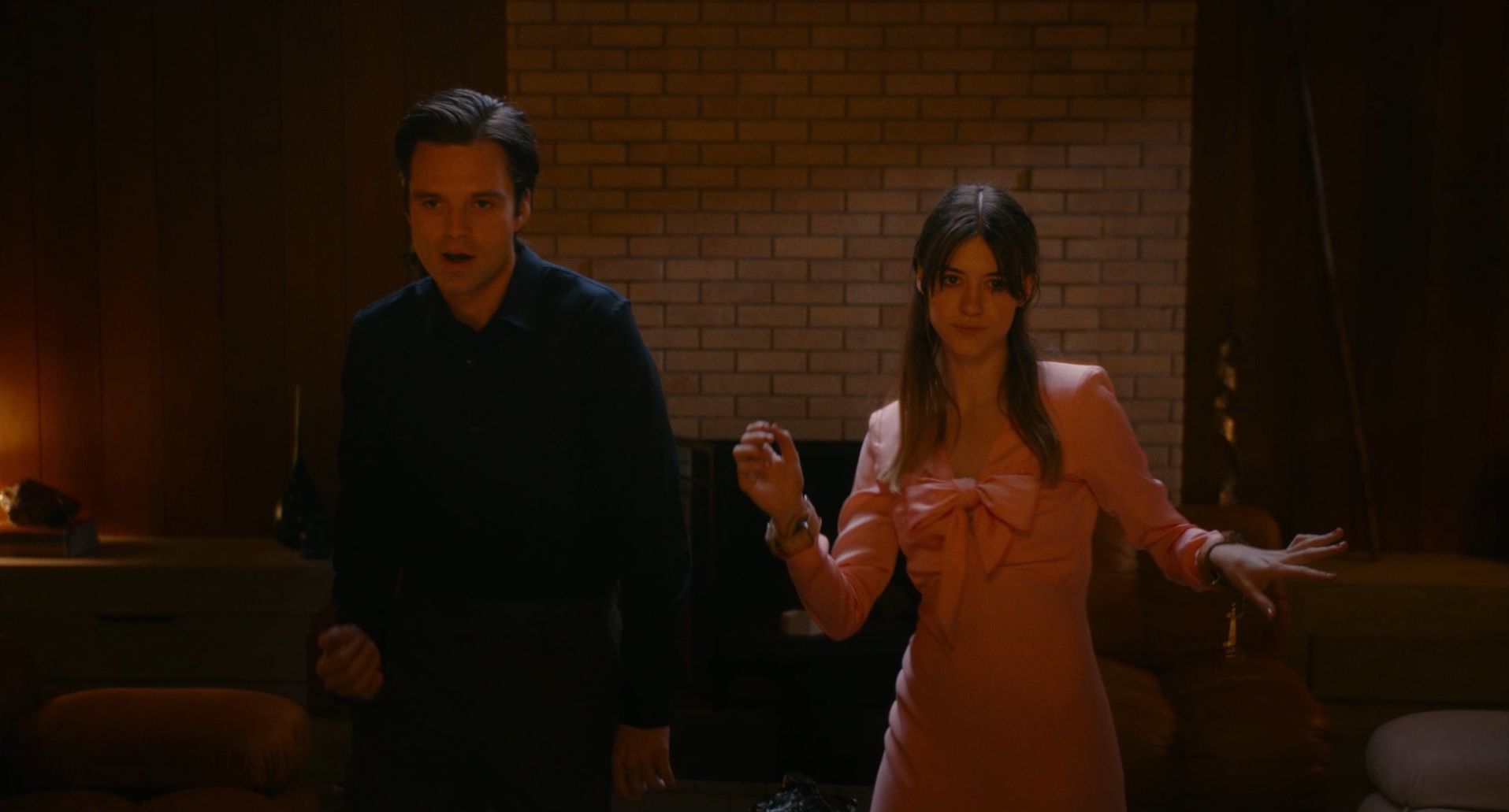
Cave has a knack for capturing the depths of complicated (and often controversial) social issues – so keep an eye out for her future projects.
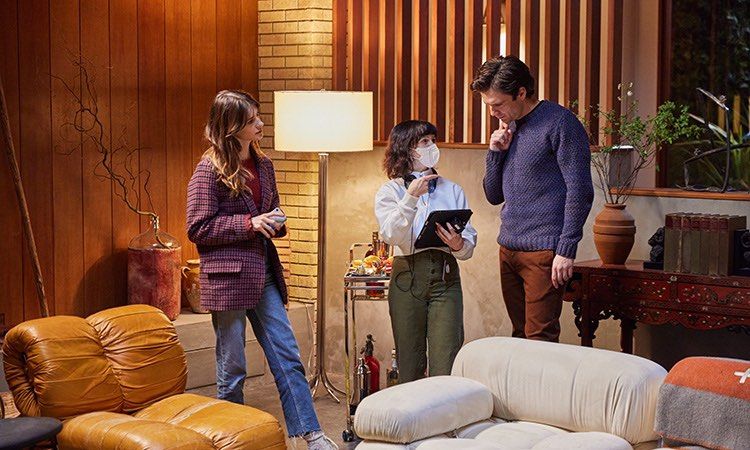
Nia DaCosta
Nia DaCosta is new on the scene in the film industry, but that does not mean she is any less amazing than any of these other directors.
DaCosta has directed several crime thrillers and horrors, such as Little Woods (2018) and Candyman (2021), the former of which she won an award for at the Tribeca Film Festival.
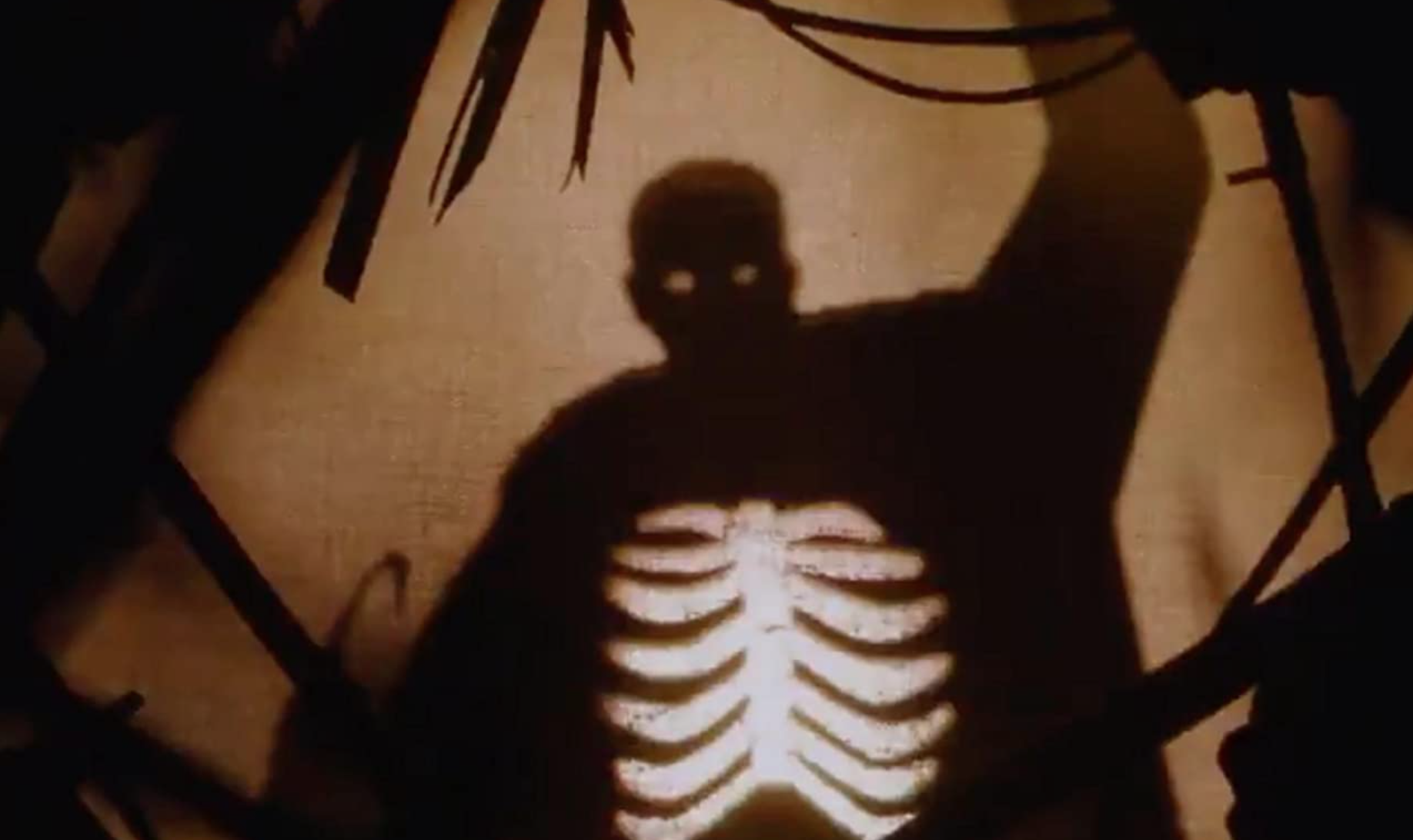
In August 2020, DaCosta was hired to direct the upcoming film The Marvels (release date TBC), making her the youngest filmmaker to direct a Marvel film!
I personally cannot wait to see this film and to see all the other great things that DaCosta has in store for us.
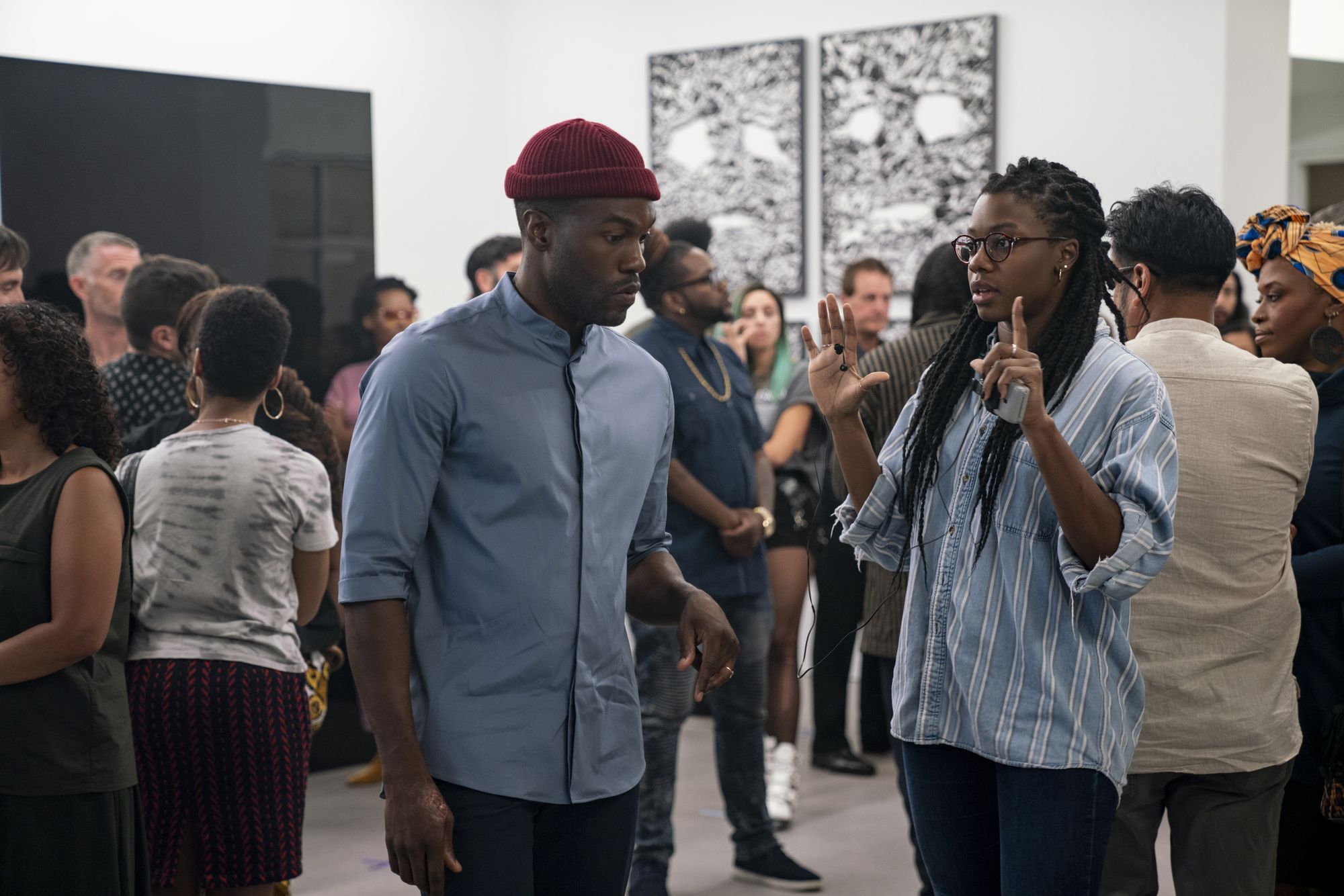
Charlotte Wells
Just like Nia DaCosta, Charlotte Wells is also a relative newcomer, gaining recent success with her debut feature film Aftersun (2022). Indeed, Wells won the award for ‘Outstanding debut by a British writer, director or producer’ for Aftersun at the BAFTAs this year.
The movie explores the relationship between a single father and his daughter, reminiscing on a childhood holiday in which it becomes apparent that her father was struggling with parenthood.

Wells has been praised for all aspects of Aftersun, including the cinematography, the casting, and of course, the storytelling. This is an emotional yet beautiful movie, and I truly believe it is just the beginning of Wells’ success.
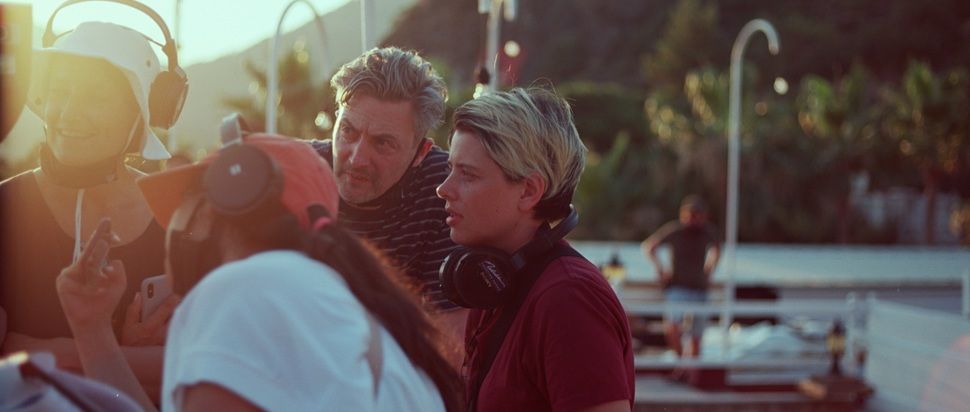
These are just a handful of the amazing female directors who have shaped and continue to shape the industry. Even though there are so many incredible women shaping the industry, their voices have been and continue to be silenced.
These women are smashing the glass ceiling and only just starting to be recognised and heard, so it is up to us to give them the praise that they deserve.
Happy International Women’s Day!
Featured Image: Greta Gerwig directing Lady Bird (2017) // Courtesy of A24
Who is your favourite female director?

